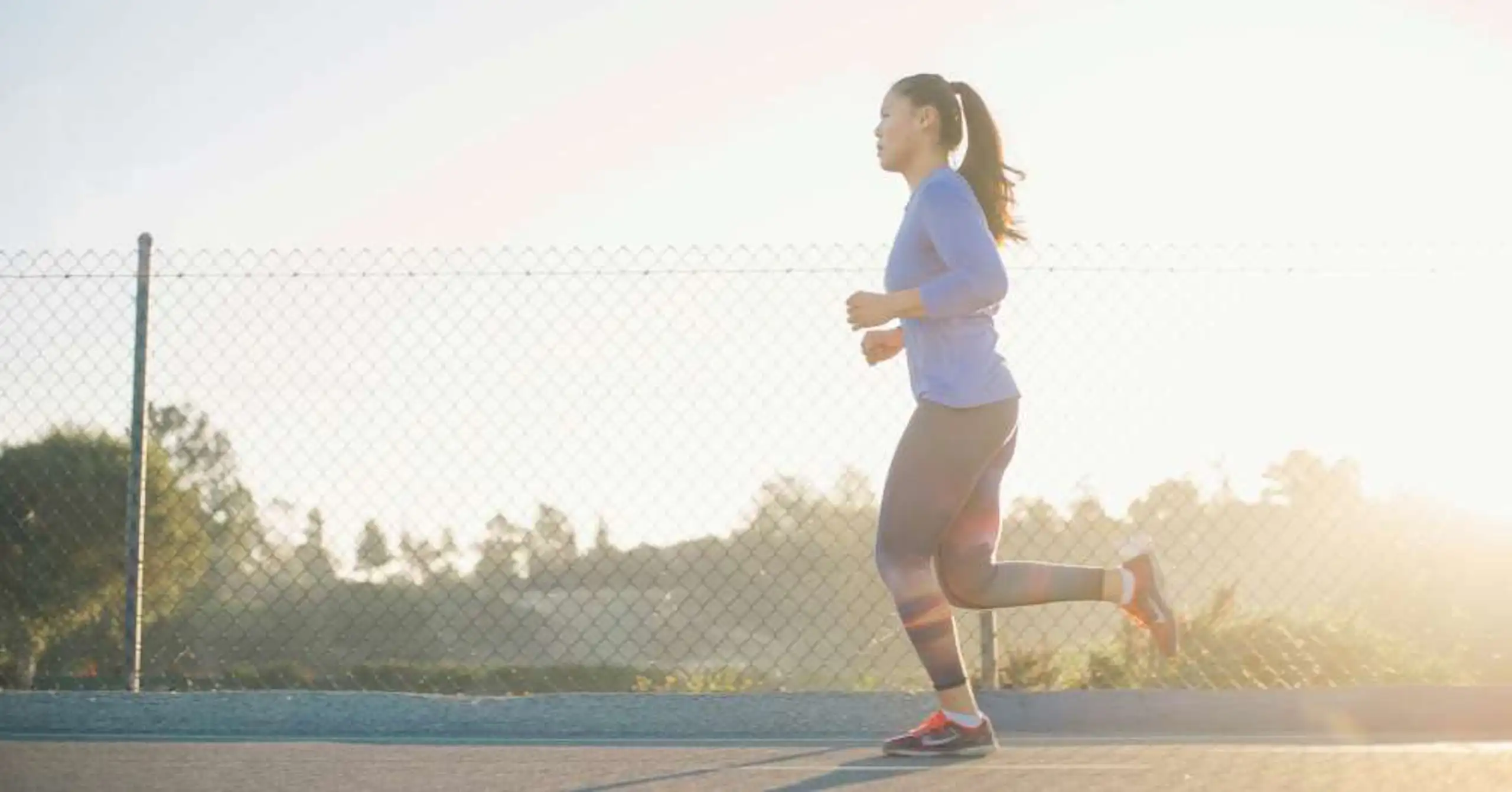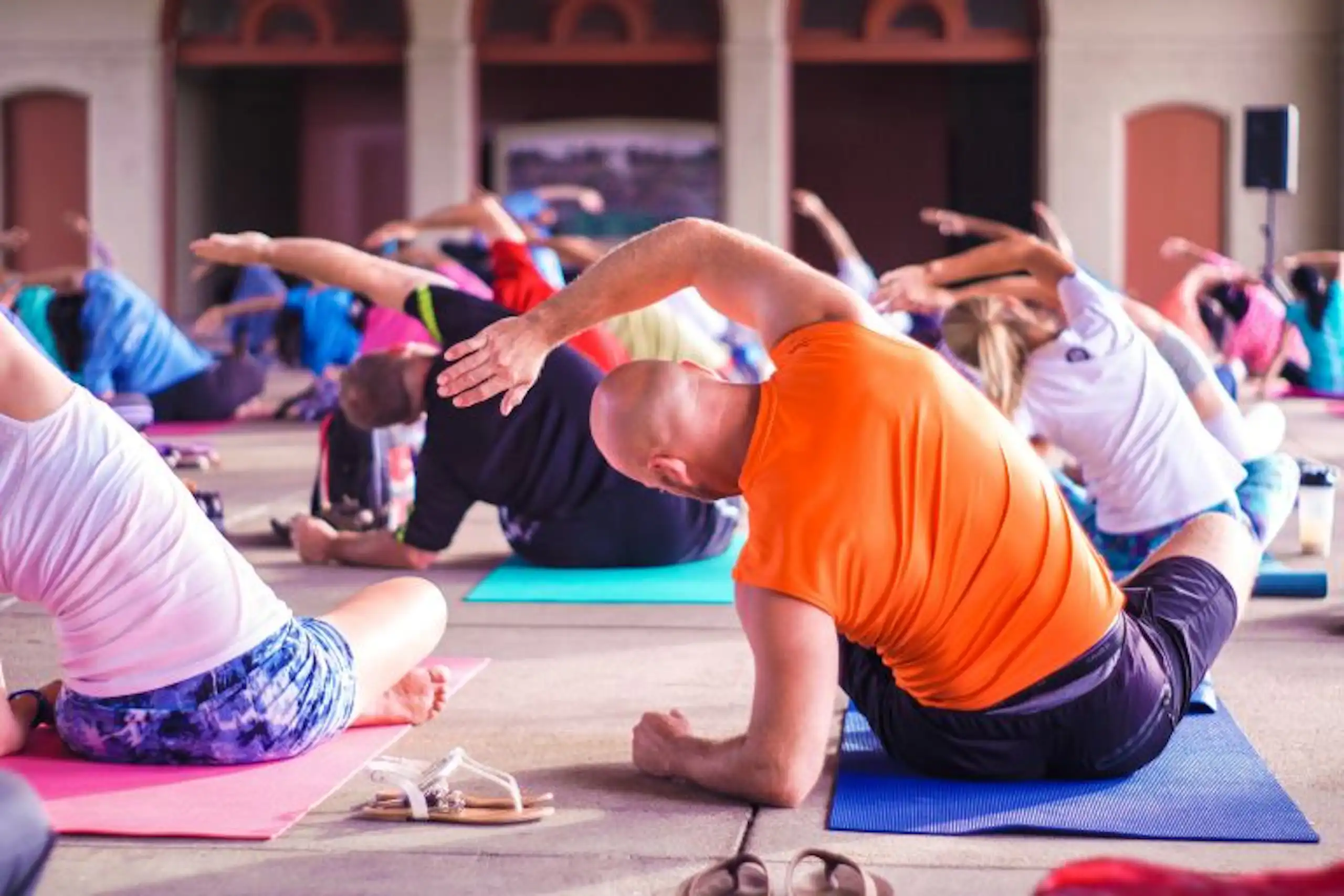How to get started with exercise for anxiety and keep it up
Exercise and telling yourself you would like to exercise can be a daunting subject to face for some individuals, keep it sustainable and maintained in then a further challenge here. You can see below some tips to encourage yourself to get started as well as maintain exercise to support you with your mental health.
1. Be sure it fits well with you and your lifestyle
Not everyone will be able to compete or run a marathon, and this is something we do need to recognise and normalise. We are not all exercising for the same reasons and we do all have different capabilities to be aware of i.e. age, injuries, body types. Being sure that the exercise is something you can participate in comfortably will ensure that it is accessible. In terms of keeping it up, it does have to fit well within your lifestyle. For example, the time you have.
2. Keep it enjoyable
Ensure that the exercise or activity you are participating in is indeed something you enjoy. We notice when people are not enjoying what they do that they can build up a sense of resentment toward it. This can lead to the activity becoming a chore or even tedious for the individual leading further stopping the activity and therefore not seeing the benefits of the exercise. When people enjoy what it is they are doing we are more inclined to continue and keep up with it.
3. Set a goal
Goals are important in most aspects of life and are no different here when we discuss exercise. Setting goals can act as a roadmap for individuals, providing the steps that come once the goals are met. It is important to keep these goals achievable and realistic, being sure we can meet them is going to keep the momentum going.
4. Reward yourself
Rewarding yourself is important, giving yourself that “well done” can give you the motivation to do it again and continue to push yourself to reward yourself further. When we speak about rewards, we approach this in a way that is meaningful to us. Celebrating yourself is key and resonating with what we see as a reward is important.
5. Seek support
It is sometimes about recognising that support is there to keep you going, whether this be from friends to keep things social, or looking for guidance from professionals about different routines, exercises understanding that it will be OK to reach out for support. A great tool from the Wisdom app is the “beginner cardio workout” showing you that support does not have come from a person, but simple guidance can be what we need.










